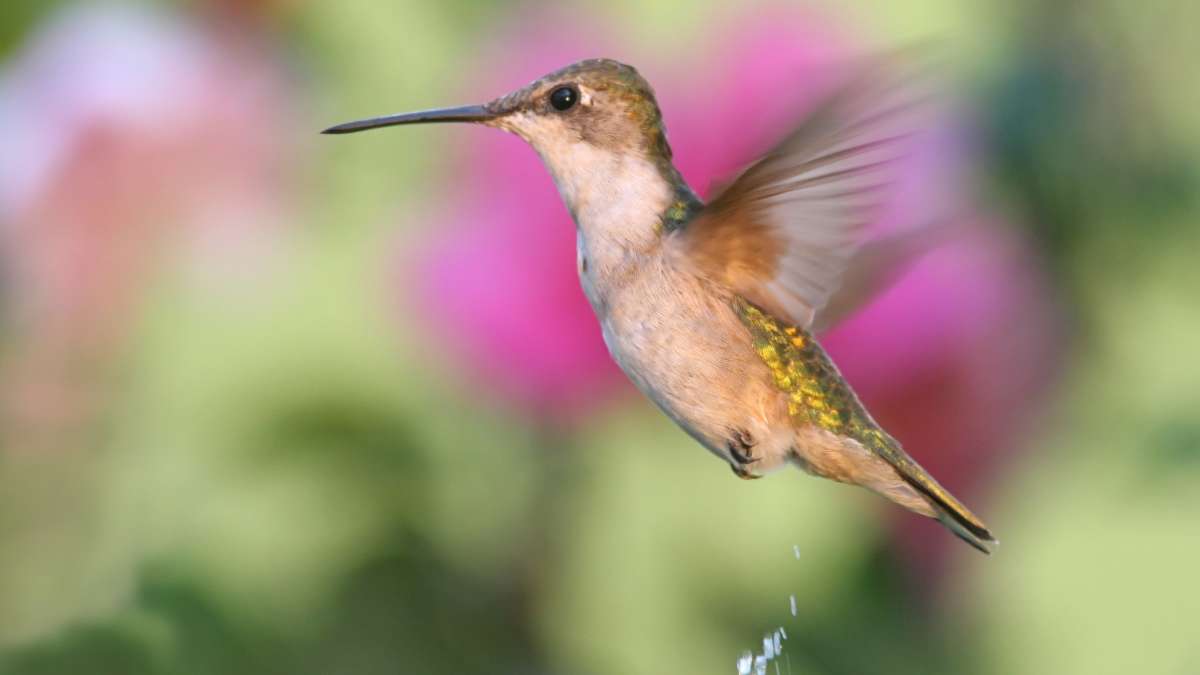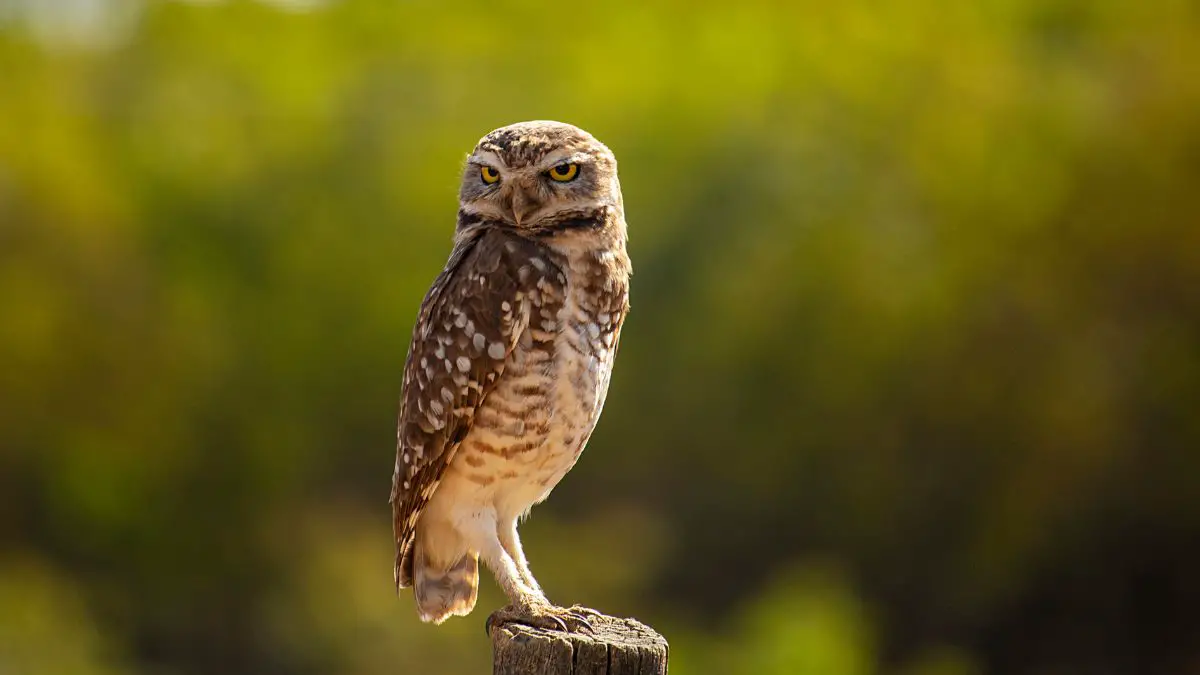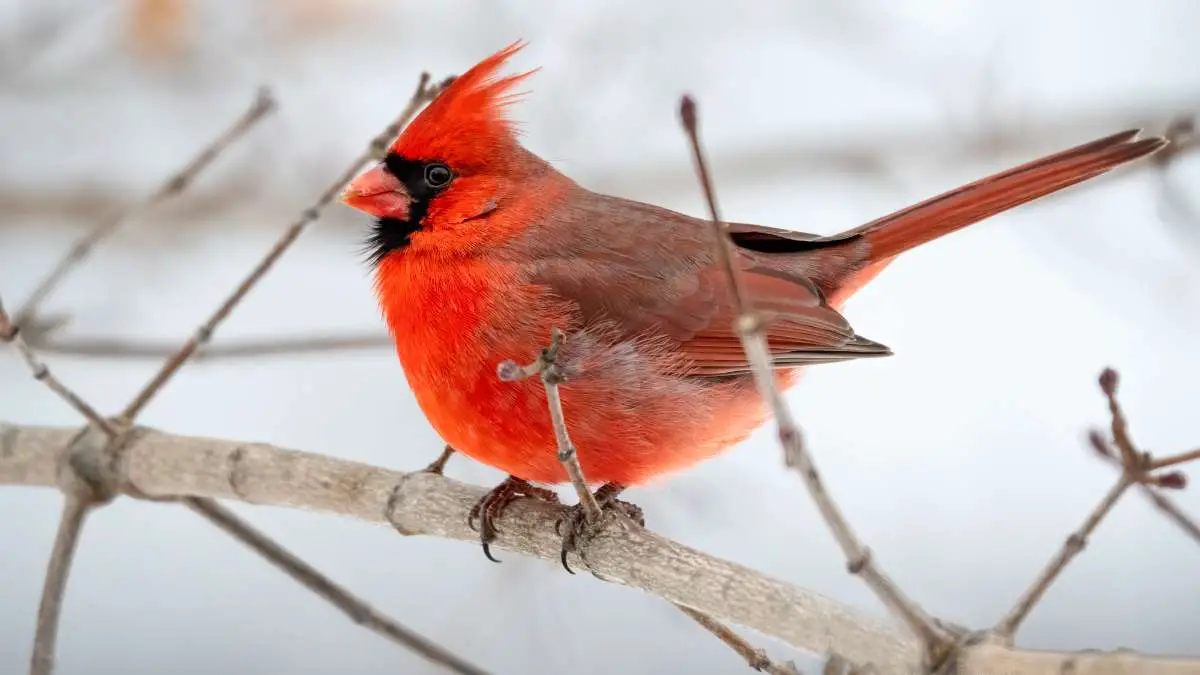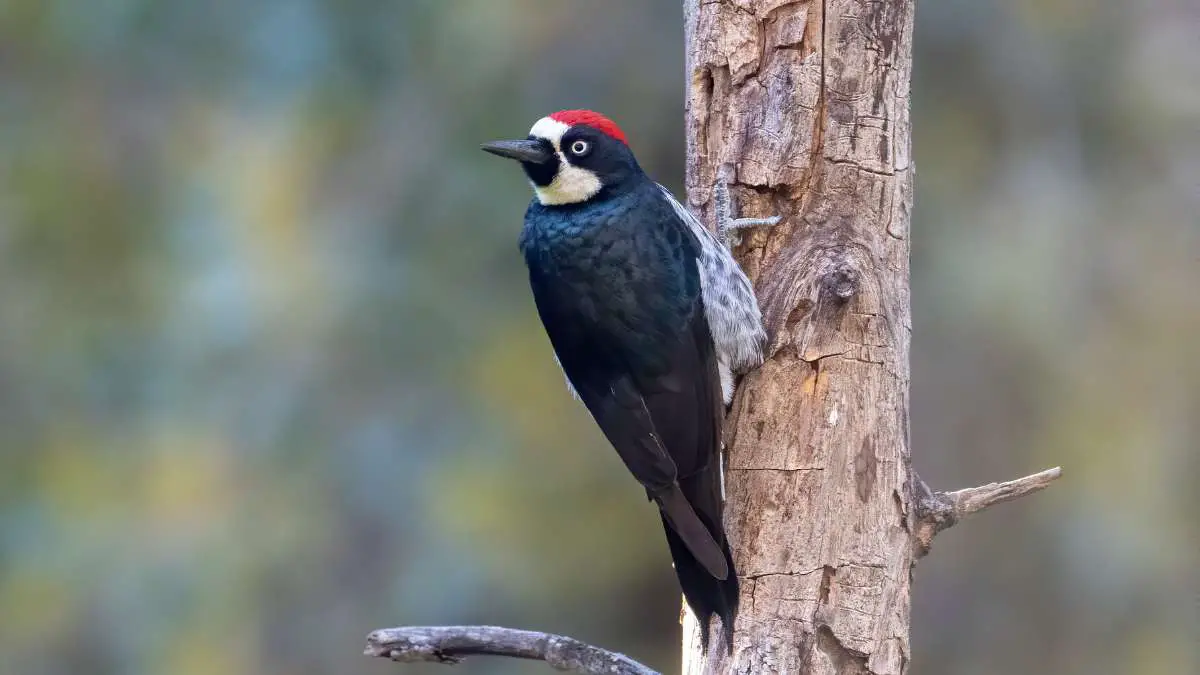Typically, birds poop quite often, sometimes every 15 to 20 minutes. However, this can vary depending on the type of bird and what they eat.
Smaller birds tend to have more frequent bathroom breaks than larger ones. For instance, songbirds may need to go more often than, say, an eagle. Plus, their diet plays a big role.
Birds with high-fiber diets, like pigeons, might need to go more frequently than those eating mostly seeds or meat. So, while there’s no set schedule for bird bathroom breaks, you can count on them pooping pretty regularly!
Factors Influencing Bird Pooping Frequency
Diet
Birds’ diets play a crucial role in determining how often they need to relieve themselves. The composition of their food affects their digestion and excretion processes.
Birds on high-fiber diets, such as pigeons feeding on grains and fruits, tend to have more frequent bowel movements compared to those on low-fiber diets like seeds or meat-eaters.
Fiber-rich foods stimulate the digestive system, leading to more frequent pooping.
Size and Species
The size and species of birds also influence their pooping habits. Generally, smaller birds, like sparrows or finches, have more rapid metabolisms and, consequently, need to poop more frequently than larger birds such as eagles or vultures.
Additionally, different bird species may have varying digestive systems and excretion rates, resulting in differences in pooping frequency.
Metabolic Rate
Birds’ metabolic rates directly impact their pooping frequency. A higher metabolic rate means faster digestion and, subsequently, more frequent bowel movements.
Birds with higher metabolic rates, like hummingbirds, need to eat more frequently and thus poop more often.
Conversely, birds with lower metabolic rates, such as owls, may poop less frequently due to slower digestion processes.
Environmental Conditions
Environmental factors like temperature, humidity, and weather patterns can affect bird metabolism and digestion, consequently influencing pooping behavior.
Warmer temperatures and higher humidity levels may increase birds’ metabolic rates, leading to more frequent pooping.
Additionally, the availability of suitable nesting sites and habitat conditions can influence where and how often birds relieve themselves.
Common Misconceptions About Bird Pooping
Birds Only Poop When Flying
Contrary to popular belief, birds don’t just poop when they’re flying. While it’s true that birds often release droppings during flight due to the natural motion of their bodies, they also poop when perched or on the ground.
Birds have regular digestion cycles, and they need to eliminate waste regardless of their activity.
So, whether they’re resting on a branch or hopping around on the ground, birds will still take bathroom breaks.
Birds Always Poop in Flight
While birds do frequently relieve themselves during flight, they don’t always poop while airborne.
Birds have the ability to control their bowel movements to some extent, and they often wait until they’re in flight to release droppings as a way to keep their perching areas clean.
However, they can also choose to poop while perched or on the ground if the need arises.
Birds Only Poop in Certain Places
Another misconception is that birds only poop in specific locations. While some birds may have preferred spots for defecation, such as away from their nests or roosting sites, they can actually poop almost anywhere.
Birds may choose locations based on factors like safety, visibility, and accessibility to food sources.
Additionally, environmental factors such as weather conditions and habitat characteristics can influence where birds decide to relieve themselves.
But during the nesting period most of the birds remove the poops of the chicks from the nest to maintain the cleanness and the hygienic level of the nest.
How Often Do Different Bird Species Poop?
Songbirds
Songbirds, such as sparrows, robins, and finches, are known for their frequent pooping habits.
These small birds have high metabolisms and digest their food quickly, leading to more frequent bowel movements.
On average, songbirds may poop every 10 to 20 minutes, depending on factors like diet and activity level.
Raptors
Birds of prey, including eagles, hawks, and owls, have slower metabolic rates compared to songbirds. As a result, they typically poop less frequently.
Raptors may only need to relieve themselves every hour or so, depending on their size and diet.
However, when they do poop, it can be quite substantial due to their carnivorous diet.
Waterfowl
Water-dwelling birds like ducks, geese, and swans have unique pooping habits influenced by their aquatic lifestyle.
These birds often excrete waste while swimming or floating on water.
Waterfowl may poop more frequently than land-based birds due to the continuous movement of water through their digestive systems. Additionally, their droppings can serve as a source of nutrients for aquatic ecosystems.
Urban Birds
Birds living in urban environments, such as pigeons and sparrows, adapt their pooping behavior to suit their surroundings.
Factors like human activity, food availability, and nesting sites influence how often urban birds poop.
In busy city areas, where food scraps are abundant and nesting sites are limited, urban birds may poop more frequently to maintain their territories and communicate with other birds.
Tips for Bird Owners and Birdwatchers
Providing a Balanced Diet
For bird owners, offering a balanced diet is essential to maintain their pets’ health and regulate their pooping frequency.
Ensure your pet birds have access to a variety of nutritious foods, including seeds, fruits, vegetables, and pellets.
Avoid feeding them too many fatty or processed foods, as these can disrupt their digestive systems and lead to irregular bowel movements. Providing clean water for hydration is also crucial for overall well-being.
Observing Bird Behavior
Birdwatchers can learn a lot about birds’ pooping habits by observing their behavior. Pay attention to signs such as squatting, tail lifting, or shifting body positions, which may indicate that a bird is about to poop.
Understanding these cues can help birdwatchers anticipate when and where birds are likely to relieve themselves, enhancing their observation experience.
Cleaning and Hygiene
Whether you’re a bird owner or a birdwatcher, maintaining a clean environment is essential for bird health and hygiene.
Regularly clean bird cages, perches, and feeding areas to prevent the buildup of droppings and bacteria.
Use bird-safe disinfectants and avoid harsh chemicals that could harm your feathered friends. Additionally, provide birds with ample opportunities for bathing, as clean feathers contribute to overall hygiene and health.
By following these tips, bird owners can ensure their pets stay healthy and happy, while birdwatchers can enhance their bird watching experiences and contribute to the well-being of wild birds.
Conclusion
To sum up, we’ve looked into how often birds poop and cleared up some misunderstandings.
We’ve seen that what birds eat, their size, and where they live affect how much they poop.
Understanding these things helps bird lovers take good care of their feathered friends and enjoy watching them.
Birds’ behaviors are interesting and influenced by many things around them. There’s still a lot to learn about why birds poop the way they do, but it’s all part of the fascinating world of birds!




